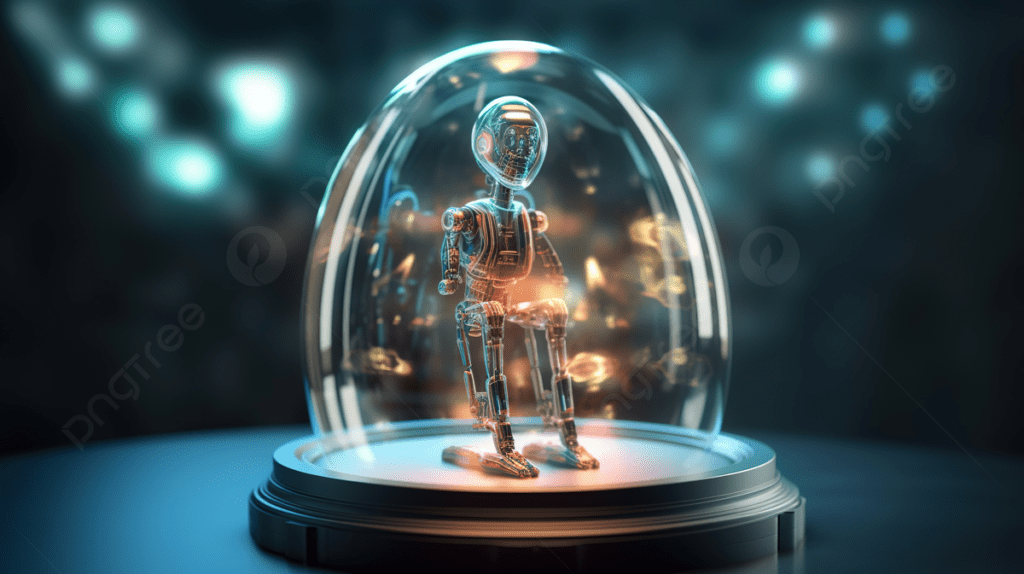Azure OpenAI Service - High-Level Language Modeling
Artificial Intelligence (AI) is undoubtedly one of the most visible areas when it comes to the development and innovation of modern technology. Over the past few years, AI has made tremendous strides that have brought many conveniences and changes to our lives. One exciting example of this is certainly the high-level language modeling provided by the Azure OpenAI service.
The Azure OpenAI service is an innovative product launched by Microsoft in collaboration with OpenAI. It is based on advanced deep learning technology that generates high-quality natural language text. This service has applications not only in areas such as intelligent assistants and intelligent customer service. But also in various scenarios such as content creation and translation.
First, let’s take a look at the application of Azure OpenAI service in content creation.
For writers, generating inspiration and turning it into a quality article or story is often a challenging task. However, with high-level language models, writers can take ideas and inspiration from the models and use them as a basis for their creative process. Models can provide relevant information, perspectives, and background knowledge to help writers better organize their thoughts and improve the quality and accuracy of their articles.
Another area is translation services.
In today’s globalized society, translation has become an integral part of daily life, and Azure OpenAI services can provide accurate and fluent translations by using high-level language models. Whether it’s a business document, an academic paper or a personal text. This service can help users easily complete translation tasks, greatly improving the efficiency and accuracy of communication.

In addition, the Azure OpenAI service can also be used for intelligent assistants and intelligent customer service.
Technology based on advanced language modeling makes these assistants and customer service systems more intelligent, flexible and natural. They can understand the user’s questions, needs, and give appropriate answers and solutions. Whether it is online shopping, travel booking or technical support, these intelligent assistants and customer service can provide efficient and personalized services to meet the needs of users.
Of course, despite the powerful features provided by Azure OpenAI services, we should also recognize that artificial intelligence still has its limitations.
While high-level language models can generate text, they cannot completely replace the ability of humans to create and think. Human creativity, emotion and understanding cannot be replaced by algorithms. Therefore, we still need to be vigilant and cautious when using these technologies.
To summarize, the high-level language model of the Azure OpenAI service has a wide range of applications in several fields. From content creation to translation to intelligent assistants and customer service. This technology offers us more possibilities and convenience. However, it should be realized that artificial intelligence is still in its infancy, and the Azure OpenAI service still requires continuous improvement and refinement. We believe that over time, AI will bring more innovation and progress to our lives.